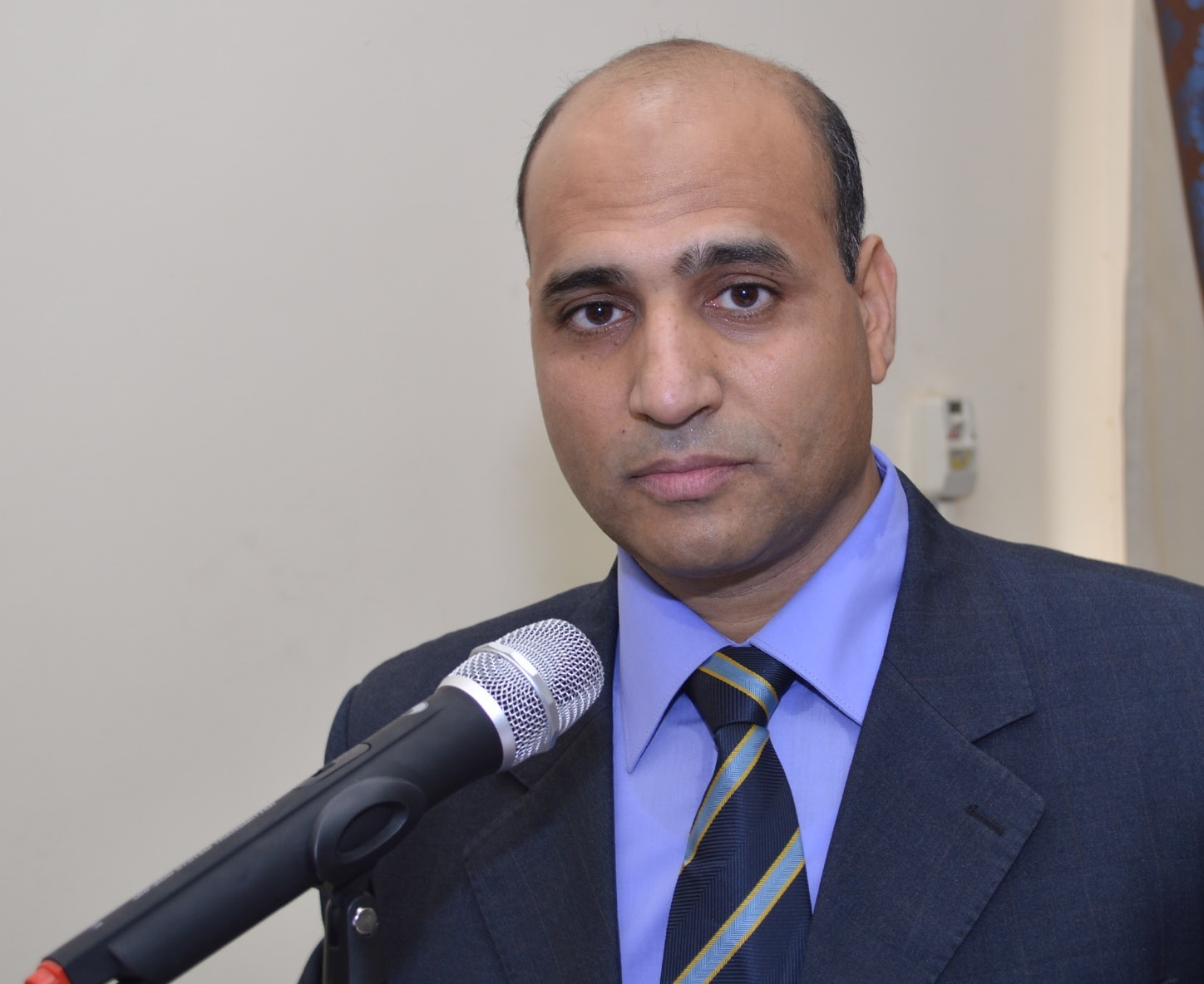During this course, students will learn about the most common approaches and trends in literary translation theory as well as the basic practice of literary translation with special focus to the most common problems that appear in literary translation, techniques and strategies of producing literary translations that faithfully serve the original and at the same time stand as works of art in their own right within the linguistic and cultural context of the translation culture. In particular, I perhaps ensure that the translation itself is also identifiable as a literary work, while it is still a representative of a foreign work.
In the Practice (seminar) part of the course the students will have an opportunity to choose literary texts (poetry, prose, drama) originally written in English and translate them into Arabic and vice versa. The translations will be presented, analyzed and discussed in a workshop setting and in this way the students will receive exhaustive and multifaceted insight into their translation process and work. In this sense, the students will, besides honing translation skills, continue to further develop their writing skills and competency, learn to adequately use dictionaries and other handbooks, as well as make use of various sources that will come in handy in their future translation work, as well as in the process of studying English language, but also using their native language.
Learning Outcomes and Objectives:
On successful completion of this course, students will be able to:
- Demonstrate skills as a translator of literary material at a high level;
- Evaluate literary texts which have been translated;
- Demonstrate sophisticated understanding of the complex linguistic and cultural problems which form part of the process;
- Apply analytical and research skills at an advanced level;
- Introduce the concept of literary translation;
- Present the responsibilities of the literary translator;
- Apply the role of culture in translation;
- Apply the role of the translator as a cultural mediator;
- Introduce the concept of domestication;
- Introduce the concept of foreignization;
- Present the major figures of speech;
- Present the difficulties of translating figurative language;
- Present the difficulty of translating poetry;
- Apply the common strategies adopted by translators in translating poetry;
- Demonstrate the concept of 'register' in translation;
- Demonstrate the role of 'tone' in translation;
- Present the principles and methods of translation; and
- Present the importance of translating litrary terminology.
Course Description
This course is imagined as an introduction to literary translation -from Arabic into English and from English into Arabic- and it starts from the idea that literary translation is a creative process similar to that of creative writing. This is perhaps key, and also most important, difference between this and other types of translation. While most translation strategies, techniques and general concepts, such as transfer between languages, cultures and contexts, fidelity, precision, inventiveness, etc. are applied, literary translation also calls for some specific skills that fall into the domain of stylistic and poetic creativity and thus presents itself as a very specific kind of translation work. Compounding the demands on the literary translator is the fact that no dictionary or thesaurus can ever be a fully adequate guide in translating. It is emphasized that assiduous[1] reading is a more comprehensive guide to a language than are dictionaries. Also listening to the spoken language can support mastering a language more than a using dictionary.
The course includes a study of the issues which arise in the process of translating literary texts. Various genres should be studied, including poetry and drama with their particular problems of cross-language and cross-cultural transfer. Using English as our working language, we shall investigate the linguistic process of translation, and examine and where possible compare renderings into English of well-known works of literature, while trying to establish criteria by which to appraise them. Students will gain the opportunity to apply to the field of translation analytical and research skills at an advanced level.
The objective of this course is to explore and develop these particular sets of skills through intensive practice in literary translating in a classroom/workshop setting.


